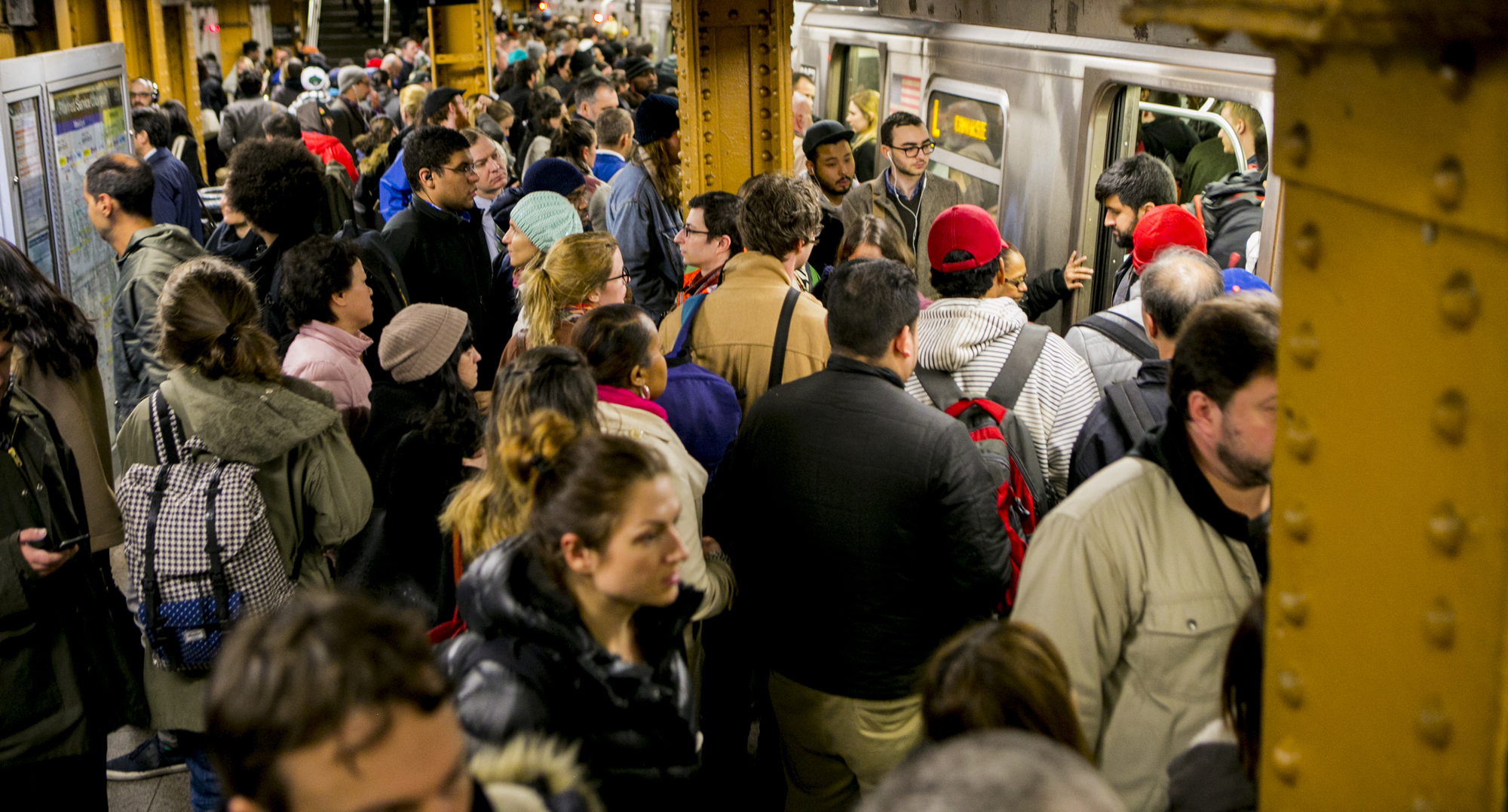- After falling precipitously during the early weeks of the pandemic, transit ridership recovered to 79% of its pre-COVID levels last year, up 16% from 2022, according to new statistics from the American Public Transportation Association. (Railway Age)
- Remote work affects transit ridership more than driving, according to an MIT study. A 10 percent drop in onsite workers equals $3.7 billion in lost fare revenue, pointing to a need for more flexible schedules. (MIT News)
- Another effect of the pandemic is the proliferation of drive-throughs that make cities more congested, more polluted and less safe for walking. (Vox)
- Uber-backed bikeshare Lime is adding 30,000 e-bikes to its global fleet. (Bloomberg)
- Parisians love "15-minute cities" because they can look around and see that the conspiracy theories being peddled in Britain aren't true, says the Sorbonne professor who coined the term. (The Guardian)
- Texas Monthly profiles Houston's new mayor, John Whitmire, who doesn't think bikes belong on the road and believes the police chief when he says road diets impede first responders.
- A lesson for Minneapolis: When Uber and Lyft left Austin, about half of their users chose an upstart ride-hailing service, about half drove their own cars, and very few took those trips by bike, foot or transit. (Axios)
- San Francisco is already seeing air quality benefits from a surge in electric vehicle purchases. Carbon dioxide emissions are down, according to a UC-Berkeley study, but the study doesn't take into account other factors like particle pollution from EVs' faster-wearing tires. (Fast Company)
- The University of Florida wants to cut its payments to Gainesville's transit agency in half, which would reduce the city's transit budget by 25 percent, even though the university accounts for two-thirds of transit rides. (Main Street Daily News)
- Why did Miami-Dade officials opt to pay for a $268 million transit operations center solely with scarce local funds instead of seeking state and federal grants? (Miami Today)
- A Portland survey found that drivers were nearly four times as likely to closely pass a woman on a bike than a man. (Momentum Mag)
- An Austin pilot program targets dangerous left-hand turns at 16 intersections. (KXAN)
- Until 1917, nobody jaywalked in Cincinnati they were just walking. And people were not happy about the new law. (Cincinnati Magazine)
- A Georgia woman drove to Florida and started shooting at drivers on the interstate during the solar eclipse because she said God told her to. (CBS News)
Today's Headlines
Don’t Call Thursday’s Headlines a Comeback
Transit ridership isn't all the way back yet, but it continues to climb after collapsing during COVID. Unfortunately, the financial effects of the pandemic on transit agencies still linger.

Stay in touch
Sign up for our free newsletter
More from Streetsblog USA
Friday’s Headlines Are Over ICE
Traffic safety and transportation funding continue to get tangled up in immigration enforcement under Trump.
Talking Headways Podcast: Women Changing Cities
Chris and Melissa Bruntlett on their new book and the mobility of care work and the unpaid labor that undergirds the economy.
Calif. Advocates Stand Against Proposed Nuisance E-Bike Laws
...and for enforcement of good e-moto laws already on the books.
Thursday’s Headlines Walk Hard
Where you live probably has a lot to do with how much you walk.
When The Suburbs Want To Opt Out of Funding Regional Transit
A messy transit funding fight in Dallas may have reached a pause — but some advocates fear the détente won't hold.





